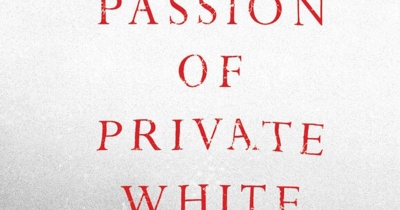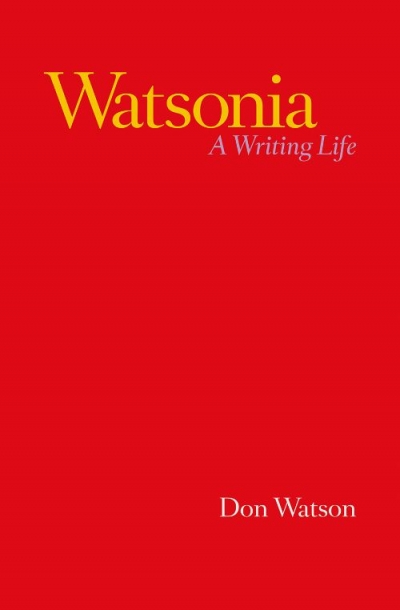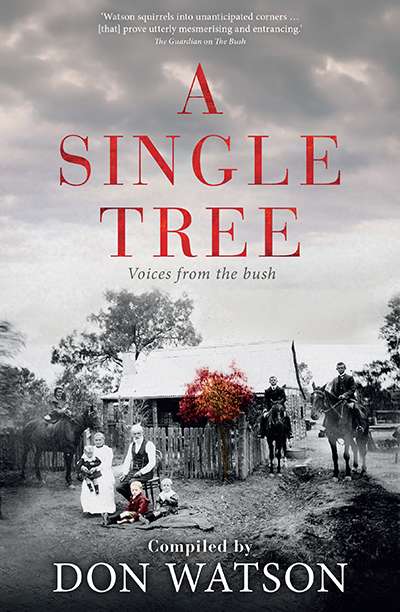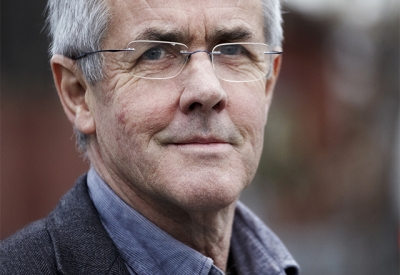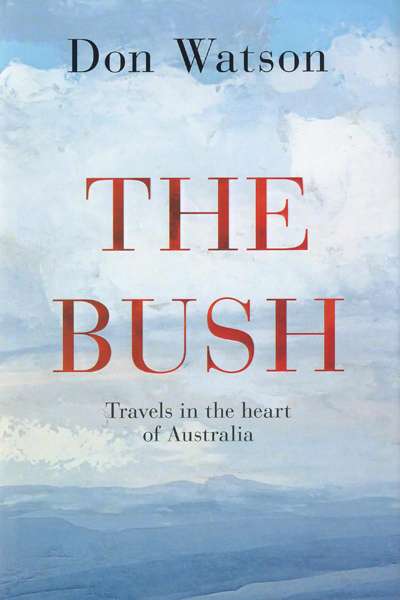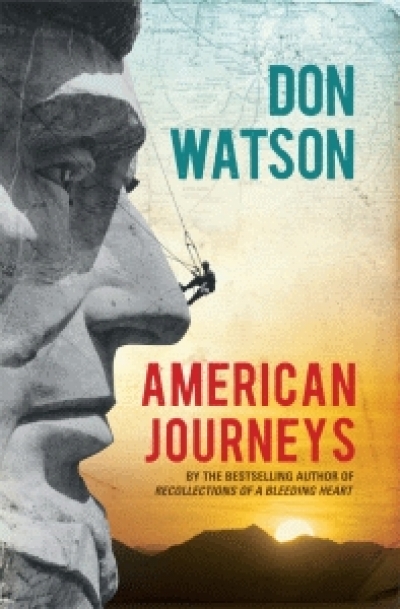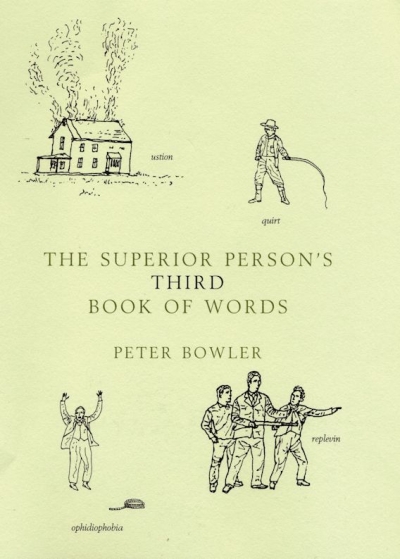Don Watson
A Single Tree: Voices from the bush by Don Watson
by Angelo Loukakis •
Though I doubt a critic ever improved a writer's work, a good one makes a difference to a culture. They are rare and valuable. Bad critics are worse than bad writers, but I know from trying years ago that they have an equally good excuse. It is for this reason that I have avoided answering the question.
... (read more)The Bush: Travels in the heart of Australia by Don Watson
by Frank Bongiorno •
Recollections of a Bleeding Heart: A Portrait of Paul Keating PM, Second Edition by Don Watson
by Glyn Davis •
The Wayward Tourist: Mark Twain's adventures in Australia by Mark Twain, with an introduction by Don Watson
by Robert Phiddian •
The Superior Person's Third Book of Words by Peter Bowler & Wordwatching by Julian Burnside
by Frederick Ludowyk •

